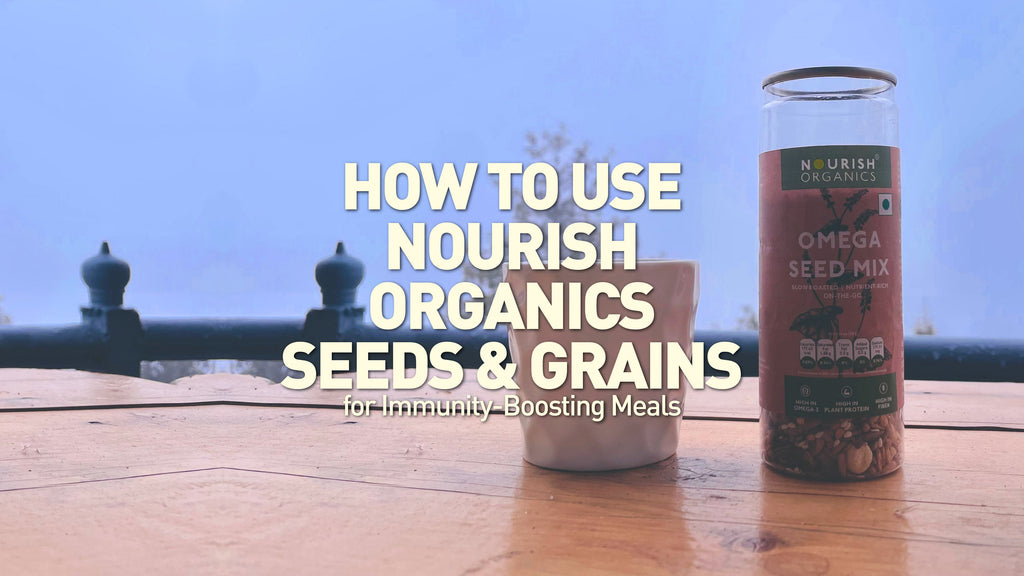
Nourishing Your Body in Winter: A Guide to Seasonal Eating

As winter descends, it's crucial to adapt your diet to the season. Winter demands heartier, warming foods that provide comfort and nourishment. In this blog post, we'll explore the principles of seasonal eating and offer a comprehensive guide to nourishing your body during the colder months.
Understanding Seasonal Eating:
Seasonal eating is an age-old practice that involves consuming foods that naturally grow during a specific time of year. This approach aligns with nature's cycles and has both nutritional and environmental benefits.
The Best Winter Foods:
Winter offers a bountiful selection of seasonal foods, such as:
- Root Vegetables: Vegetables like carrots, sweet potatoes, and turnips are rich in nutrients and provide warmth to the body.
- Dark Leafy Greens: Greens like kale and collard greens are packed with vitamins and minerals, boosting your immune system during flu season.
- Citrus Fruits: Oranges, grapefruits, and clementines are high in vitamin C, which supports overall health.
- Winter Squash: Varieties like butternut squash and acorn squash are versatile and perfect for hearty soups and stews.
Warming Recipes for Winter:
Embrace the cold season with cozy, warming recipes. Consider preparing dishes like:
- Homemade Vegetable Soup: A medley of winter vegetables, broth, and spices make for a hearty and nutritious meal.
- Roasted Root Vegetables: Season with herbs and olive oil, then roast until tender and golden brown.
- Oatmeal with Spices and Dried Fruits: Oatmeal is a comforting breakfast choice, especially when spiced with cinnamon and topped with dried fruits.
Tips for Nourishing Your Body in Winter:
- Stay hydrated with warm herbal teas and broths.
- Incorporate healthy fats like avocado, nuts, and seeds into your diet for extra warmth.
- Prioritize foods that support your immune system, like garlic and ginger.














